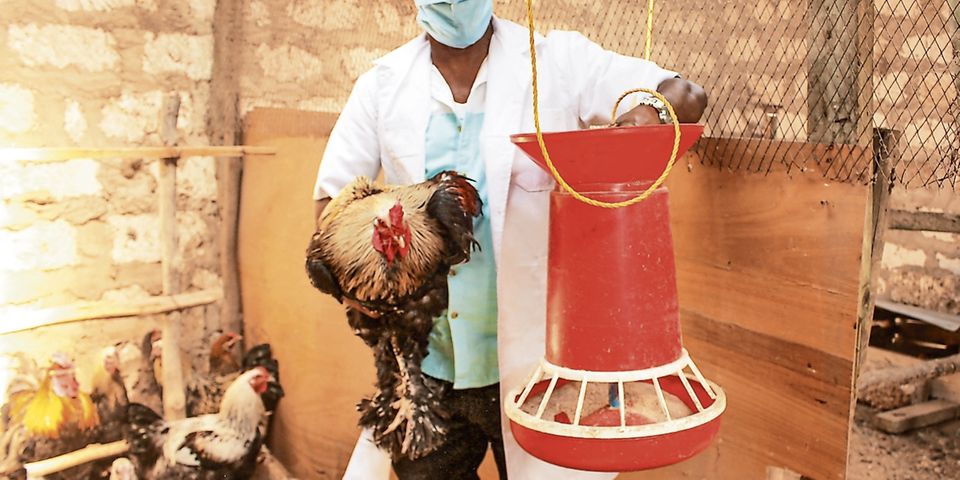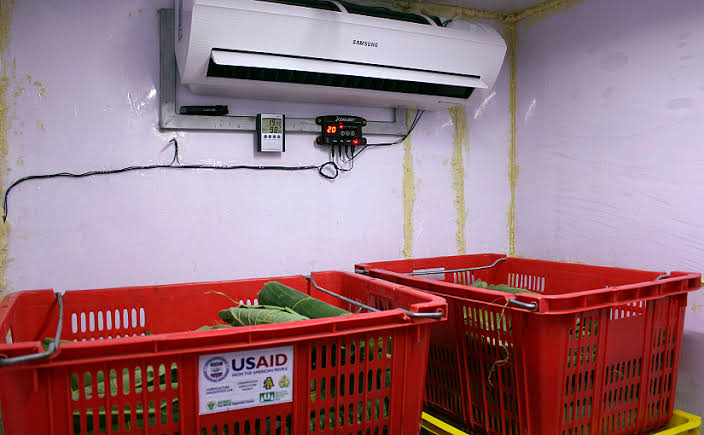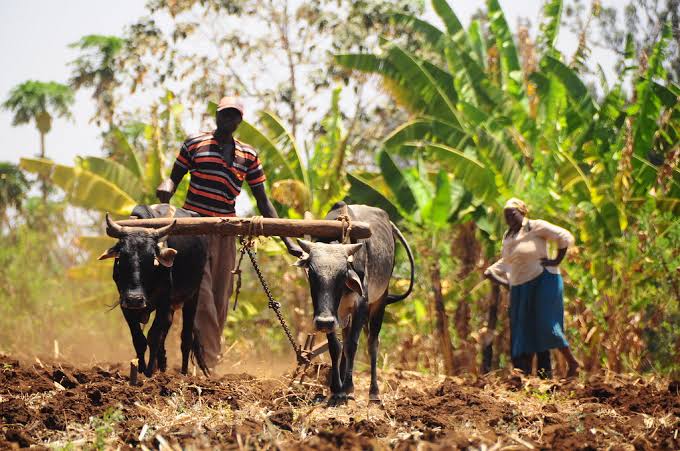
By George Munene
On his farm at Mariakani, Kilifi County, 52-year-old Abdulrahim Morodhi has turned his chicken keeping hobby into a lucrative venture. The retired accountant keeps a variety of exotic, ornamental and indigenous chicken but has majored in the rearing of Brahma chicken.
Having sold most of his mature birds due to the growing market demand for the breed, he has now whittled down the number of grown Brahmas on his farm to just 13 hens and 3 cockerels. “I try to rear as pure a breed of Brahma as is possible and the demand for the bird is overwhelming; it is docile and beautiful so many people love to keep it as a pet and for ornamental purposes,” says Morodhi. The breed also gathers weight quickly, reaching up to 3.5 kg in just five months and is sought for crossing with indigenous chickens to give a heavier and faster-maturing bird.
Brahma’s are oftentimes referred to as the ‘kings of chickens’ for their large size—cocks weigh on average 5.5 kg whilst hens average 4.5 kg. They are even more distinguishable for their ‘socks’—feathers on their shanks and toes. Three colour varieties of the breed are recognised by the American Standard of Perfection: light, dark, and buff.
Related News: Village chicken auction market helps small scale farmers fetch better prices
Morodhi started keeping Brahmas in 2017 after getting his first cock from a neighbor who was forced to vacate. He then sought out a hen from an expatriate at Vipingo but was relocating. The first two years he says were tough sledding; exotic birds need special care compared to indigenous breeds—the mortality rate is especially high the first three weeks after birth. Morodhi now religiously sticks to a vaccination schedule that he says keeps the death rates at a minimum. Newcastle vaccine in the first week, Gumboro on the second, Newcastle again on the third and Gumboro in the fourth week. At six weeks, he vaccinates for fowl pox and for fowl typhoid in the eighth week. He finally gives his birds one last shot for Newcastle at two months. Deworming is done at 19 weeks and from then on in perpetuity every 3 months. Morodhi insists that beyond any medical intervention strict maintenance of hygiene is paramount in warding off any potential infection. Every morning, he cleans his chicken coop and also scouts for any signs of illness within his flock. “Mortality rates are highest from the first day to the third week; you’ll slip a bit in feeding or vaccination and wake up to a coop of dead chicks,” he says.
Related News: Narok farmers cash in the soaring demand for kenbro chicken products to grow income
Related News: How to grow own black soldier larvae for feeding indigenous chicken
For feeding, Morodhi prefers Unga Limited’s Fugo starter crumbs as a starter mash. Though it is expensive, thus far he says, it has delivered the best results with his birds. He also avoids formulating his own feed rations until his chicks are about 6 weeks old when he starts feeding them on Mombasa Maize Millers chicken mash supplemented with whole wheat and an offering of greens. He also ensures that the water his birds drink is clean throughout and every so often mixes in vitamins for proper growth, body function and reproduction.
Morodhi says the increasing demand for the breed means many unscrupulous breeders cross the Brahma with indigenous chicken only to pass it off as the real deal. These watered-down strains of Brahma are easily distinguished for their slower rate of growth and having few feathers on their legs. He avoids this by exchanging cocks with farmer friends and importing in eggs—he just had his cousin returning from the Netherlands bring him fertilised blue silver orange Brahma eggs. His mature birds—those that are over a year old—weigh between 5 and 7 ½ kilograms. Despite their grand size, Brahmas are poor layers giving 3-4 medium to large-sized brown eggs every week. This makes their propagation that much difficult. Given the size of the hen, a farmer has to be keen that it does not trample on its chicks the first few days after their hatching. He is currently hutching about 15 eggs a week and sells a one-month-old Brahma for Sh2,000 and mature 7-9 month old for between Sh15,000 and 20,000. “I have standing orders up to December, and still have people call sourcing for Brahmas who I, unfortunately, have to turn down,” he says.
Given the project’s success, Morodhi has ventured into keeping other ornamental birds such as Silkie and Polish Bantams.
Abdulrahim Morodhi: 0712 250007


















